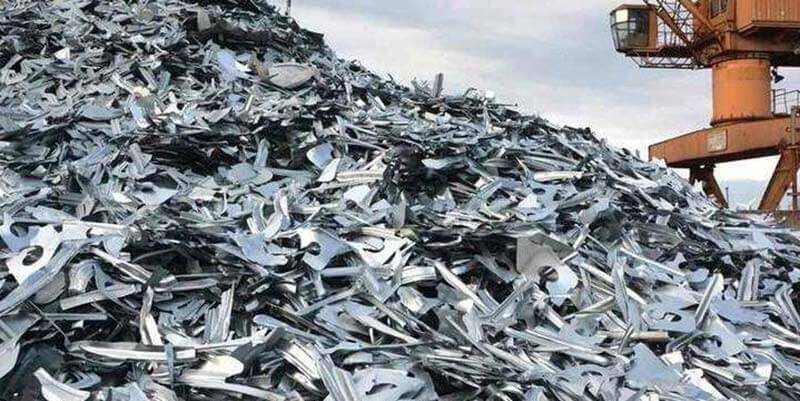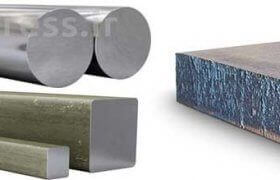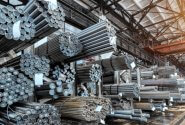Turkish deep-sea scrap import prices fell at the end of the week after a fresh cargo from the Baltic Sea came to light, market participants told Fastmarkets on Friday July 2.
A steel mill in the Izmir region booked the Baltic Sea cargo, comprising 25,000 tonnes of HMS 1&2 (80:20) at $495 per tonne and 5,000 tonnes of bonus at $510 per tonne cfr, late on Thursday July 1.
This was fourth the deep-sea deal of the past seven days after a Marmara steel mill booked three cargoes earlier in the week: a Baltic Sea cargo comprising 14,000 tonnes of HMS 1&2 (95:5) at $504.50 per tonne cfr; a US cargo, comprising HMS 1&2 (80:20) at $501 per tonne, along with shredded and bonus scrap at $521 per tonne cfr; and a UK cargo, comprising 25,000 tonnes of HMS 1&2 (80:20), 10,000 tonnes of shredded and 10,000 tonnes of bonus at an average price of $505.50 per tonne cfr.
As a result of the latest Baltic Sea cargo, the daily scrap indices went dipped slightly at the end of the week.
Fastmarkets’ daily index for steel scrap, HMS 1&2 (80:20 mix), North Europe origin, cfr Turkey was calculated at $490.75 per tonne on Friday July 2, down by $4.41 per tonne day on day.
And Fastmarkets’ index for steel scrap, HMS 1&2 (80:20 mix), US origin, cfr Turkey was $498.39 per tonne, down by $4.40 per tonne day on day, raising the premium for US material over European scrap by 1 cent to $7.64 per tonne on July 2.
Apart from the two mills that made bookings this week, demand for deep-sea scrap remained weak slow steel sales.
“The steel mills in Turkey generally stayed away from the deep-sea bookings this week – [mainly due to] limited demand for finished long steel products in the export and domestic markets,” a Turkish mill source told Fastmarkets.
“Besides, I heard the flat steel prices are also weakening. On top of that, electricity prices also increased by 15%, which is pushing up production costs,” he added.
این مطلب بدون برچسب می باشد.












ثبت دیدگاه